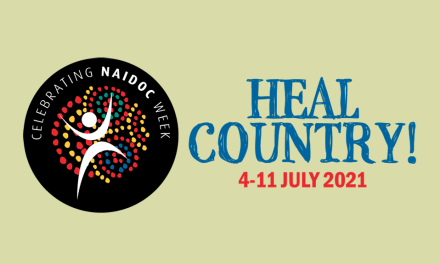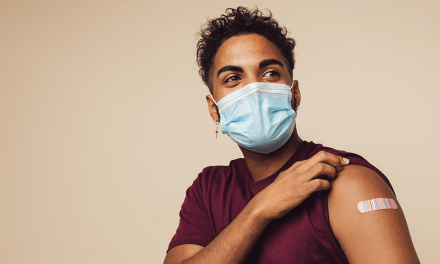An Australian study has shown that vaccination against COVID-19 elicits an effective immune response in First Nations peoples, who are at higher risk of respiratory virus infections.
Published in Nature Immunology and Nature Briefing, the research is the first of its kind to decisively map immune responses produced by a COVID-19 vaccination in any First Nations populations.
In partnership with Menzies School of Health Research, researchers at the Peter Doherty Institute for Infection and Immunity (Doherty Institute) evaluated immune responses in Aboriginal and Torres Strait Islander peoples and non-Indigenous individuals after receiving the mRNA COVID-19 vaccine.
Lead author of the study and PhD candidate at the Doherty Institute, University of Melbourne’s Wuji Zhang, said the research provides strong evidence that COVID-19 vaccination triggers effective immune responses against the virus in First Nations peoples.
“We found excellent antibody and T cell responses against SARS-CoV-2 in Australian First Nations peoples following COVID-19 vaccination. We saw high levels of antibodies binding to the virus following two vaccine doses,” Mr Zhang said.
“T cells against the spike protein, which often recognise small sections of the virus and are similar across different variants, were also seen in higher numbers and showed ‘memory signatures’ following vaccination.”
University of Melbourne Professor Katherine Kedzierska, a Laboratory Head at the Doherty Institute, said the findings are the first to report excellent immune responses to COVID-19 vaccination in First Nations peoples.
“Like other studies on non-Indigenous cohorts, antibody responses against the COVID variants Delta and Omicron were lower compared to the ancestral strain, but were substantially increased following the booster vaccine dose.
“While the results of the study are encouraging, it also showed that antibody responses are highly affected by comorbidities in Indigenous populations, especially diabetes and renal disease,” Professor Kedzierska said.
Associate Professor Jane Davies of Menzies School of Health Research said the results confirm the effectiveness of vaccination.
“Our research should further encourage First Nations communities around the world to get vaccinated and boosted,” Associate Professor Davies said.
“This work also highlights the crucial importance of being up-to-date with COVID vaccination for individuals with comorbidities, especially diabetes and renal disease.”











